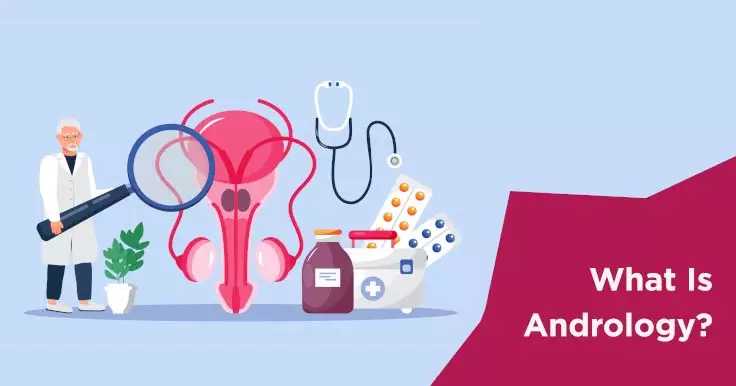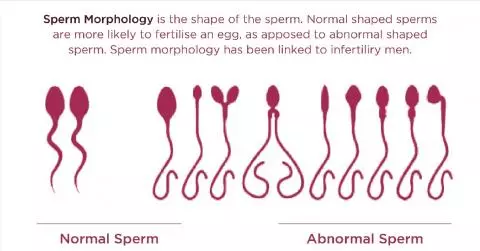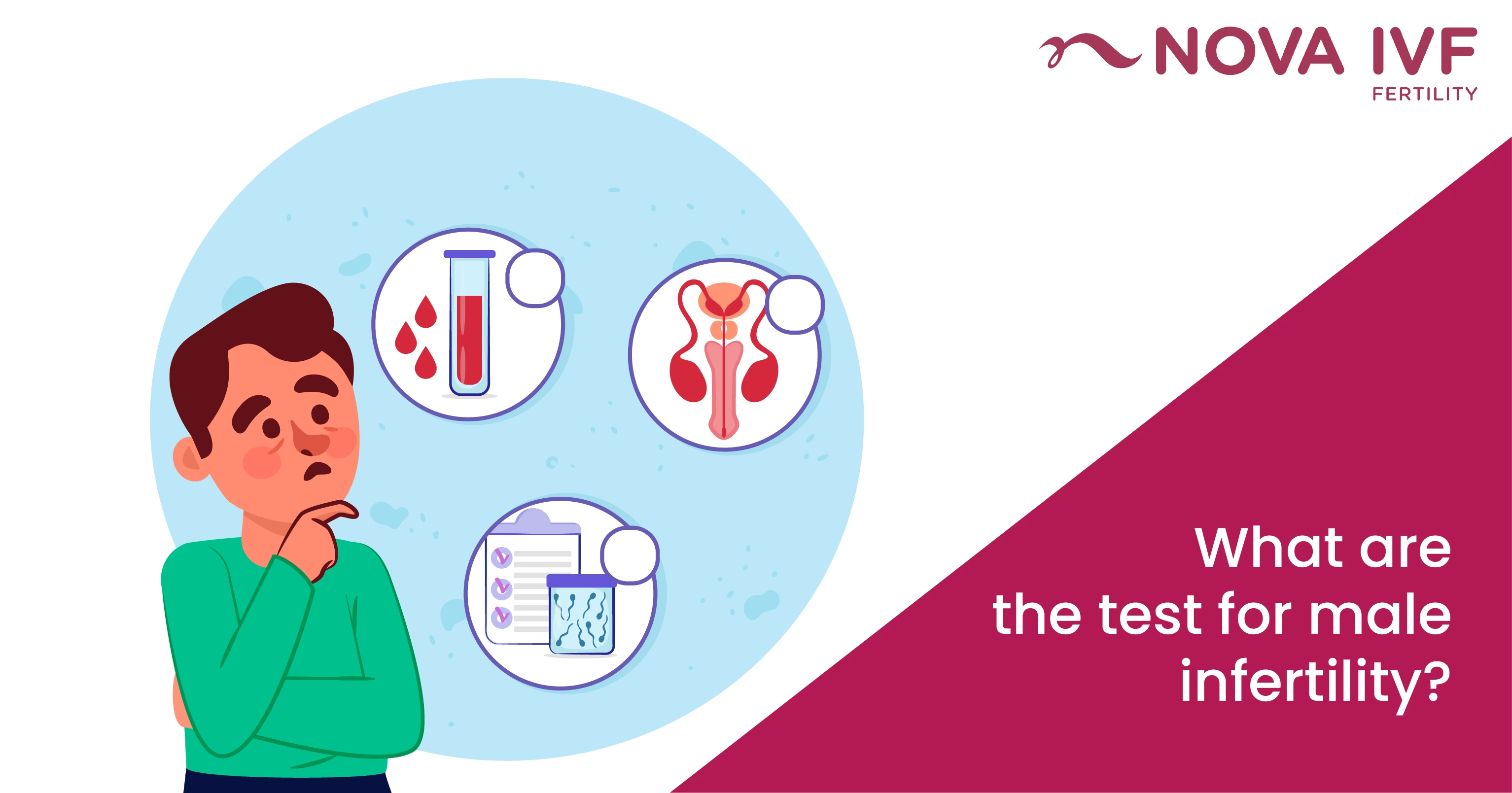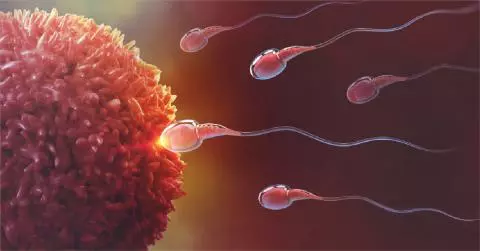Fertility Tests for Men
Some men dislike visiting the doctor. Whether it is an ongoing cold or our annual examination, men frequently avoid seeing a doctor for as long as possible. The same is true when we want to start a family. In most couples attempting to conceive, the woman visits her doctor first and undergoes extensive testing before the man is referred for a comprehensive examination.
With increasing cases of male infertility, it is important to visit a fertility expert for an infertility profile test for males and get a diagnosis in case if you and your partner are trying to conceive without success. This page discusses the various male fertility tests a man might have to undergo.
When to Consider Male Fertility Test
If a couple is unable to conceive despite a year of trying (or six months if the female spouse is over 35 years old), both partners should consider fertility testing. Additionally, if a male partner has an existing medical condition or history that could lead to infertility, such as:
- Erectile dysfunction
- Testicular injury
- Prior mumps infection
- Prior cancer treatment
- Previous urinary tract surgery
It is important to have a fertility check for men.
Book your Appointment
Get an evaluation
Start by seeing a fertility doctor for advice. They will perform a physical examination and inquire about your medical history and lifestyle, including:
- Medications that you take
- Your exercise routine
- If you smoke or engage in recreational drugs
They may also have an open discussion about your sexual habits, including any issues you have encountered or whether you were ever diagnosed with any sexually transmitted illnesses. Depending on your case and the potential issues, your doctor may recommend certain tests to check fertility.
Types of Fertility Tests to Check-For Men
Male fertility specialists use a variety of tests to determine whether the man's sperm count and quality are poor or whether there is another medical condition that is preventing pregnancy; however following are a few of the tests that can be expected:
Semen Analysis
Semen analysis is a basic test for determining male fertility. To complete the process, you are required to ejaculate into a clean container at the facility. Alternatively, you can collect your semen in a condom during intercourse. This specimen must be submitted following 2-3 days of complete abstinence.
A skilled professional analyses your sperm count, motility, shape, and other features. In general, having more normal-shaped sperm indicates that you are more fertile; however, many exceptions to this exist.
Many men who have low or abnormal sperm counts are still fertile. Furthermore, approximately 15% of men with infertility possess normal sperm and sperm count.
Also, if you cannot produce any semen or sperm, it could be due to an obstruction in your vas deferens, and this can be corrected through surgery.
Hormone Testing
The pituitary gland, hypothalamus, and testicles all work together to regulate the production of sperm. Doctors look for three vital hormones while conducting fertility tests for men.
- Luteinizing Hormone (LH) & Testosterone levels: The pituitary gland produces LH, which is important for testosterone production, which is subsequently required for the production of sperm. Testosterone levels in healthy men typically vary from 300 to 650 ng/dL. Abnormal levels can affect the production of sperm and overall fertility in men.
- Follicle-stimulating hormone (FSH) levels: High levels of FSH may indicate impaired testicular function. Sperm is no longer produced when FSH levels fall to extremely low levels.
Post-ejaculatory Urinalysis
Urinary analysis following ejaculation is a screening procedure that evaluates potential reproductive abnormalities such as retrograde ejaculation, in which instead of the penis, the semen enters the urinary bladder. For this procedure, you will be required to submit a sample of your urine in a clean container just after ejaculating at the clinic.
Genetic Testing
Genetic screening is an advanced method for detecting serious sperm production disorders. It is especially beneficial in eliminating chromosomal defects in men with low numbers of sperm (oligo-zoospermia) or a lack of sperm in semen (azoospermia).
Testicular Biopsy
If all other tests yield inconclusive results, a testicular biopsy may be performed. A small sample of tissue is extracted directly from the testicles to be screened to see whether the production of sperm is normal. If it returns to normal, the issue could be with the transportation of sperm. If sperm is found, it can be preserved and used later in the IVF or ICSI procedure for the fertilization of eggs to make embryos.
Imaging Tests
A scrotal ultrasound uses high-frequency sound waves to produce comprehensive inside images of the scrotum. This testing allows your doctor to identify varicoceles, anomalies in the testicles along with surrounding tissues, infections, tumours, cysts, or fluid buildup. Discovering physical abnormalities is required for determining the next course of treatment.
Sperm Function Tests
These are highly specialized tests that can be used to determine the extent to which the sperm live following ejaculation, their efficiency when they enter an egg, and whether they have any issues attaching to the egg. These tests are uncommon and rarely affect treatment recommendations.
Semen Culture
If your semen sample contains an unusually high amount of white blood cells, your doctor may request a semen culture. A laboratory analyst will culture your semen specimen for bacterial growth. If bacteria are present in your sample, the type of bacteria will be determined, and the antibiotics will be prescribed accordingly to kill them.
Conclusion
Male infertility is increasing and now accounts for about 40% of all infertility cases. It can be identified easily with fertility tests for men, such as semen analysis and more. With advancements in assisted reproductive procedures, the majority of infertility due to male factors can be easily treated. Timely diagnosis and treatment are critical to success.
Frequently Asked Questions
IVF was initially developed for women who had obstructed or missing fallopian tubes, and it remains the preferred method in these cases. It is also utilised when other conditions exist, such as male factor infertility, endometriosis, and unexplained infertility, where no underlying cause of infertility can be identified. Our professionals will analyse your medical history and direct you to the most appropriate therapy and diagnostic tests for you.
Yes, definitely, vitrification of eggs and embryos has proven to be beneficial because it increases the survival rates of eggs and embryos and improves overall pregnancy rates through IVF.
Yes, several successful pregnancies have been achieved using vitrified embryos or eggs. The rate of success is comparable to those obtained with fresh eggs or embryos.
Women are born with roughly two million eggs within their ovaries. Every month, approximately 11,000 eggs die prior to a girl's adolescence. Thus, during her adolescence, a woman has only roughly 300,000 to 400,000 eggs left. From this point forward, around 1000 eggs are used each month. This is unrelated to any method of pregnancy, hormone production, birth control, lifestyle, health, or nutritional supplements. Menopause occurs when a woman no longer has viable eggs.
 Infertility Counselling
Infertility Counselling Female Infertility Treatment
Female Infertility Treatment Andrology Treatment
Andrology Treatment Fertility Enhancing Surgeries - Female
Fertility Enhancing Surgeries - Female Fertility Enhancing Surgeries - Male
Fertility Enhancing Surgeries - Male Endoscopy Treatment
Endoscopy Treatment IUI Treatment
IUI Treatment IVF Treatment
IVF Treatment ICSI Treatment
ICSI Treatment Advanced IVF Solutions
Advanced IVF Solutions Embryology
Embryology Vitrification Egg, Embryo, Sperm Freezing
Vitrification Egg, Embryo, Sperm Freezing Preimplantation Genetic Testing (PGT)
Preimplantation Genetic Testing (PGT) Donation Program Embryo / Egg / Sperm
Donation Program Embryo / Egg / Sperm Self-cycleTM IVF
Self-cycleTM IVF

 Self-cycleTM IVF
Self-cycleTM IVF








